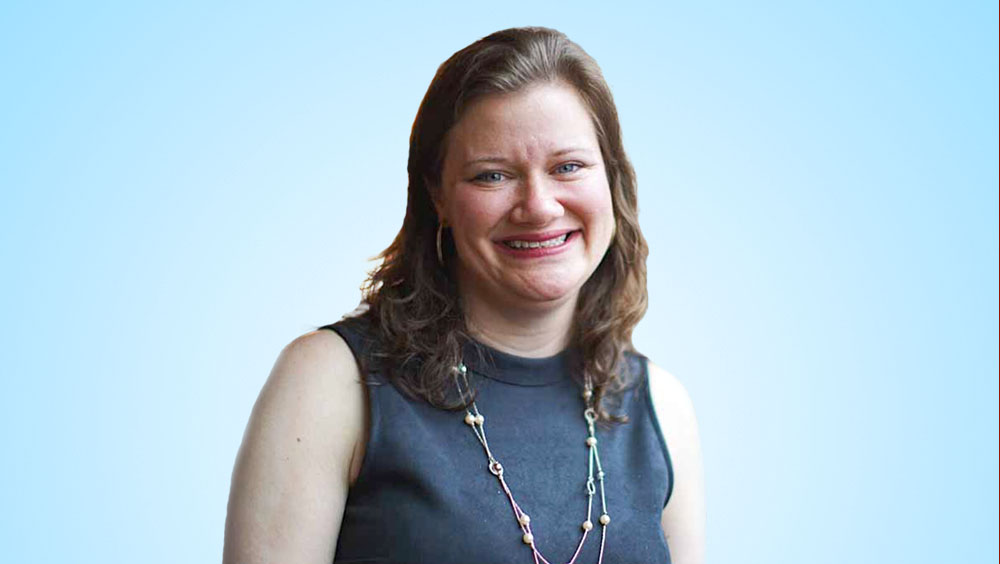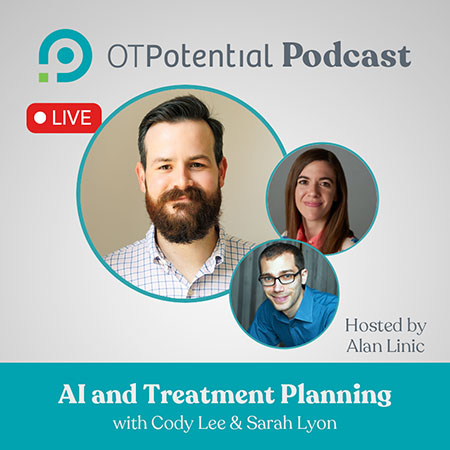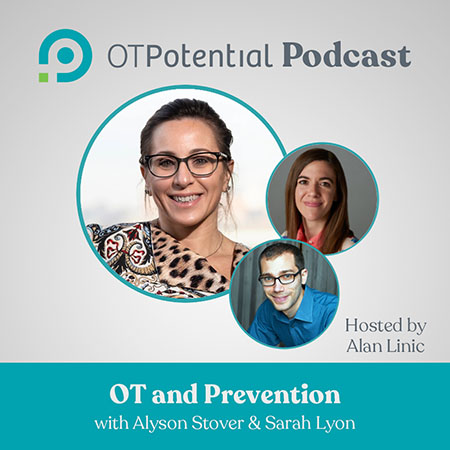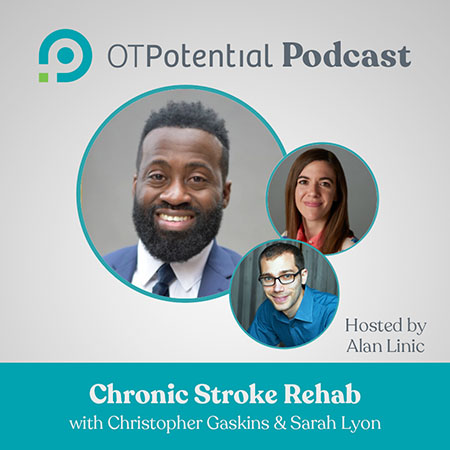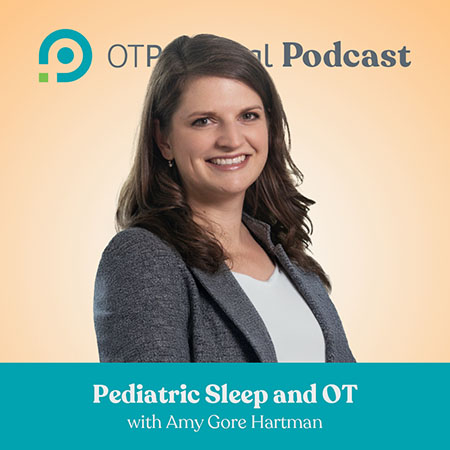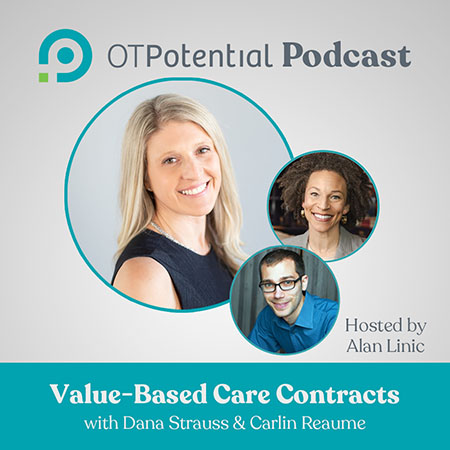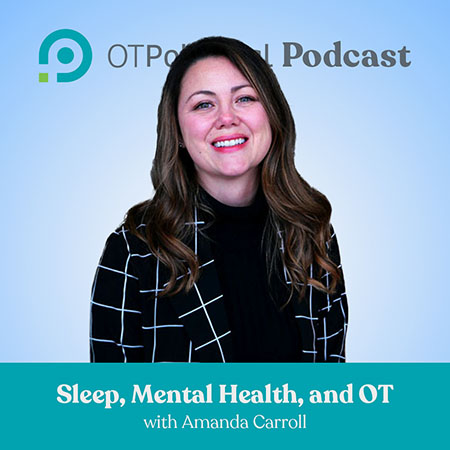Earn 1 hour of continuing education by joining OT Potential after taking this course.
Children with emotional disability (also known as emotional disturbance) are significantly more likely than children with other disabilities to:
- NOT be integrated into regular classrooms
- Experience a disciplinary removal
- Drop out of school
Over the years, multiple social-emotional learning (SEL) interventions have been developed to support children with emotional disabilities. But, New York City Public Schools found that one-size-fits all programs were not sufficient for their student population.
So, the district created—and began studying—an educational pilot called the Path Program. At the heart of this program are OT professionals and occupational therapy concepts.
The journal article we are reviewing in this 1-hour CE course describes the research-practice partnership that supported this program’s development—and the role of trauma-informed care in social-emotional learning interventions.
After we review the article, we will welcome Michelle Flemen-Tung, MSEd, the program director for the Path Program. She will share concrete ways we can all improve the support we provide to kids with emotional disabilities.
Primary Journal Article Explored
When you log in, be sure to check out the OT Potential Club’s written breakdown of the following research article. Then, share your questions and thoughts with fellow practitioners.
Supporting Research and Journal Articles
- Understanding and responding to the effects of trauma in the classroom: A primer for educators.
- Positive Mental Health Strategies Impact on Students with Emotional Disturbances’ Attention to Task.
Learning Objectives
- You will be able to identify OT interventions that can be utilized with children with emotional disability.
- You will be able to recognize how trauma informed can be integrated into OT interventions that can be utilized with children with emotional disability.
Agenda
Intro and breakdown of journal article
- 00:00:00 Intro
- 00:03:02 What is social-emotional learning?
- 00:04:26 What is the Path Program?
- 00:05:27 What the intent of this research?
- 00:05:47 How the Path Program is being implemented
- 00:06:47 Plan-Do-Study-Act Cycle
- 00:09:43 Lessons from the Path Program
- 00:11:07 Intro to Michelle Flemen-Tung
Discussion on practical implications for OTs
- 00:12:57 How the Path Program came to be
- 00:18:42 How is the program funded?
- 00:22:35 How has the Path Program change you?
- 00:26:30 Article impressions
- 00:30:33 What is the role of OT in this program?
- 00:35:28 What can other school OTs takeaway from this program?
- 00:40:14 What can we take away about trauma informed care?
- 00:45:45 What kernel-sized interventions can OTs take away?
- 00:53:51 How can OTs spearhead a similar programs in their school?
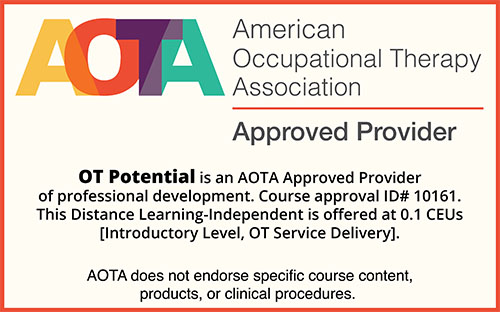
Instructional Methods/Registration/Special Needs Requests/Cancellation Policy
This course is an independent/self-study course delivered via podcast on iTunes, Spotify, Google Play & more.
If you need accommodations to take this course, please contact us and we will address your needs on an individual basis.
If we cancel a promoted course, event, live stream, or any other paid CEU offering prior to release, and you subscribe explicitly for said offering, you are eligible for a full refund if you did not complete and earn any other CEU quizzes or certificates during your subscription.
If a live webinar is cancelled that you signed up for, our system will automatically generate an email to you and if possible, we will inform you of the rescheduled date. Our most current webinar schedule will be found at: otpotential.com/live-ot-ceu-webinars.
Course Completion Requirements
In order to receive a certificate for this course, you must first participate in the podcast/webinar in its entirety. Then, you will need to take the quiz that will accompany the course and earn 75% or higher. If you pass, a certificate will be automatically generated and sent to your email. Quizzes for live (distance learning–interactive) webinars must be completed within 3 days of completing the webinar.
Target Audience/Educational Level
Our target audience is occupational therapy practitioners who are looking to learn about Emotional Disability and OT. The educational level is introductory.
Financial and Non-financial Disclosures
It is the policy of OT Potential to disclose any financial and non-financial interest the provider or instructor may have in a product or service mentioned during an activity. This is to ensure that the audience is made aware of any bias of the speaker.
We here at OT Potential have no financial stake in this topic. Our guest, Michelle Flemen-Tung, also has no financial disclosures.
Speakers
Michelle Flemen-Tung, MSEd, Program Director, Path Practice Team
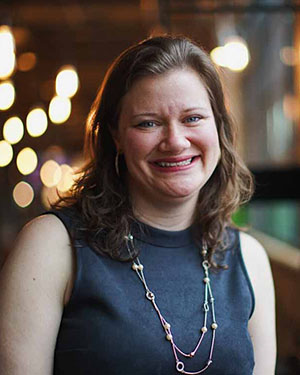
Michelle Flemen-Tung, MSEd, is the program director for the Path Support Team at NYU. The main focus of her work is facilitating inclusive practices with educators and administrators across NYC communities. She co-authored the program’s proposal with Dorothy Siegel, founder of the ASD Nest program. Michelle is a licensed special educator, certified school building leader, and a graduate of NYU’s Educational Leadership Program. Michelle has over 20 years of experience working in schools as a special education teacher and leader.
Sarah Lyon, OTR/L

Sarah’s passion is helping fellow OT practitioners translate evidence into daily practice. Sarah earned her BA in religion from St. Olaf College, then earned her master’s degree in occupational therapy from New York University in 2011.
Since then, she’s worked in numerous facilities, including a critical access hospital, an acute trauma hospital, and a state inpatient psychiatric hospital. Sarah is the founder/owner of OT Potential. Read more about OT Potential here.
This course was designed to meet your continuing education requirements
We designed the courses in the Club to meet the requirements for “online” and “independent/self-study” courses. To verify the requirements from your specific state (within the US), check out our post, OT Continuing Education Requirements. If you are outside of the United States and have questions, please contact us.
We are proud to be an AOTA Approved Provider and to meet the requirements for your NBCOT renewal.
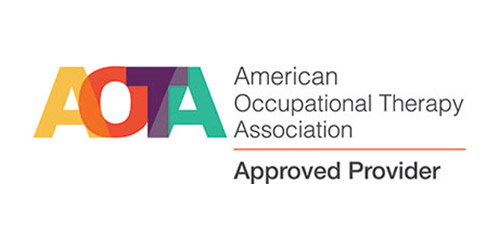
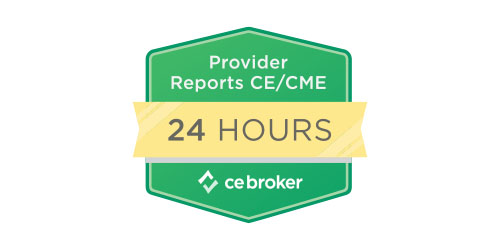
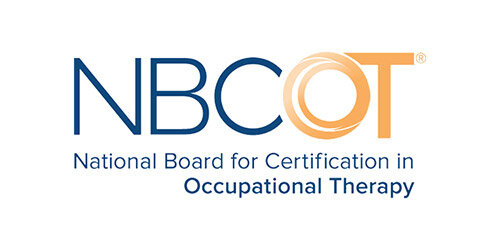
See our other OT courses!
Emotional Disability and OT • OT Potential
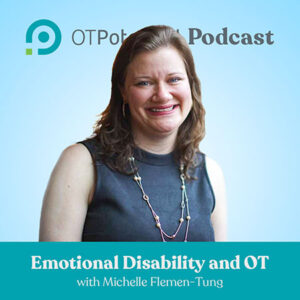
Today we'll be covering OT and Emotional Disability. We'll look at new research and discuss it with Michelle Flemen-Tung, MSEd. .
Course Provider: Organization
Course Provider Name: OT Potential
Course Provider URL: https://otpotential.com/
Course Mode: Online
Start Date: 2024-08-08
Duration: 01:00:00
Repeat Count: 5
Repeat Frequency: Yearly
Course Type: Subscription
4.93

